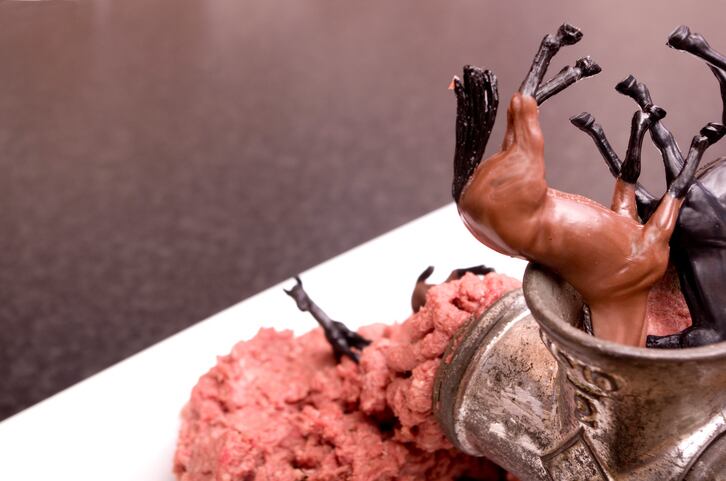The warning comes in the wake of the trial of four people related to the 2013 ‘Horsegate’ scandal earlier this month. The former director of the French meat-processing company Spanghero, Jacques Poujol, was found guilty of fraud by a French court and sentenced to six months in jail. He also had €100,000 confiscated from his home and was ordered not to engage in professional activity related to the meat sector for two years.
Patrice Monguillon, former manager of the Spanghero factory in France, received a one-year suspended sentence. Johannès Fasen, a Dutch meat trader, received two years in prison and was banned from working in the French meat industry. Fasen’s former colleague Hendricus Windmeijer was given a one-year suspended sentence.
‘Not dissuasive enough’
But Foodwatch France said the penalties were not dissuasive enough in view of Spanghero's turnover of €1.9 m between February and December 2012 for its horsemeat trading.
It cautioned that that six years after the horsemeat scandal in Europe, conditions were ripe for another incident. It cited the illegal use of fipronil that affected egg products in 2017 and said that horse meat unfit for consumption continued to enter Europe’s food chain.
“The Spanghero lawsuit sends only a weak signal against impunity, and six years after the horse meat scandal, the ingredients for new scandals to arise are still there: opacity, poor traceability, lack of means of supervisory authorities,” it said.
Checks are ‘still needed’
It called for greater checks, controls, sanctions and traceability in the food chain.
“Six years later, it is urgent to tackle the heart of the system that makes food fraud possible on this scale. This same system that allows millions of eggs contaminated with fipronil to finish on our plates. Horses with falsified passports still enter the distribution circuit in France today, without us being informed. And finally, the big retailers supposed to make sure of the conformity of the products which it markets always ends up posing as a victim, with total impunity.”
Greater controls could have prevented the horse meat scandal six years ago, it added, and complained that systems were still not in place to prevent such cases.
“DNA tests on meat would have revealed that it was not beef, but horse. But such tests were not mandatory in 2013 – and they still are not. Thus, neither Spanghero nor Tavola, who bought the meat to Spanghero to make the prepared dishes, nor the large retailers who sold sausages or cannelloni, lasagne and other products did not bother to check.”
Food fraud continues to blight the industry
“Traffickers continue to rely on increasingly small numbers of checkers and a failing traceability system to bring horses with falsified passports into the food chain. In 2018 alone, France has been affected by this fraud at least four times as shown by the European health alert network RASFF… three alerts in 2017 were on horses with oxyphenylbutazone or phenylbutazone, a painkiller that carries serious risks if ingested by humans.”





